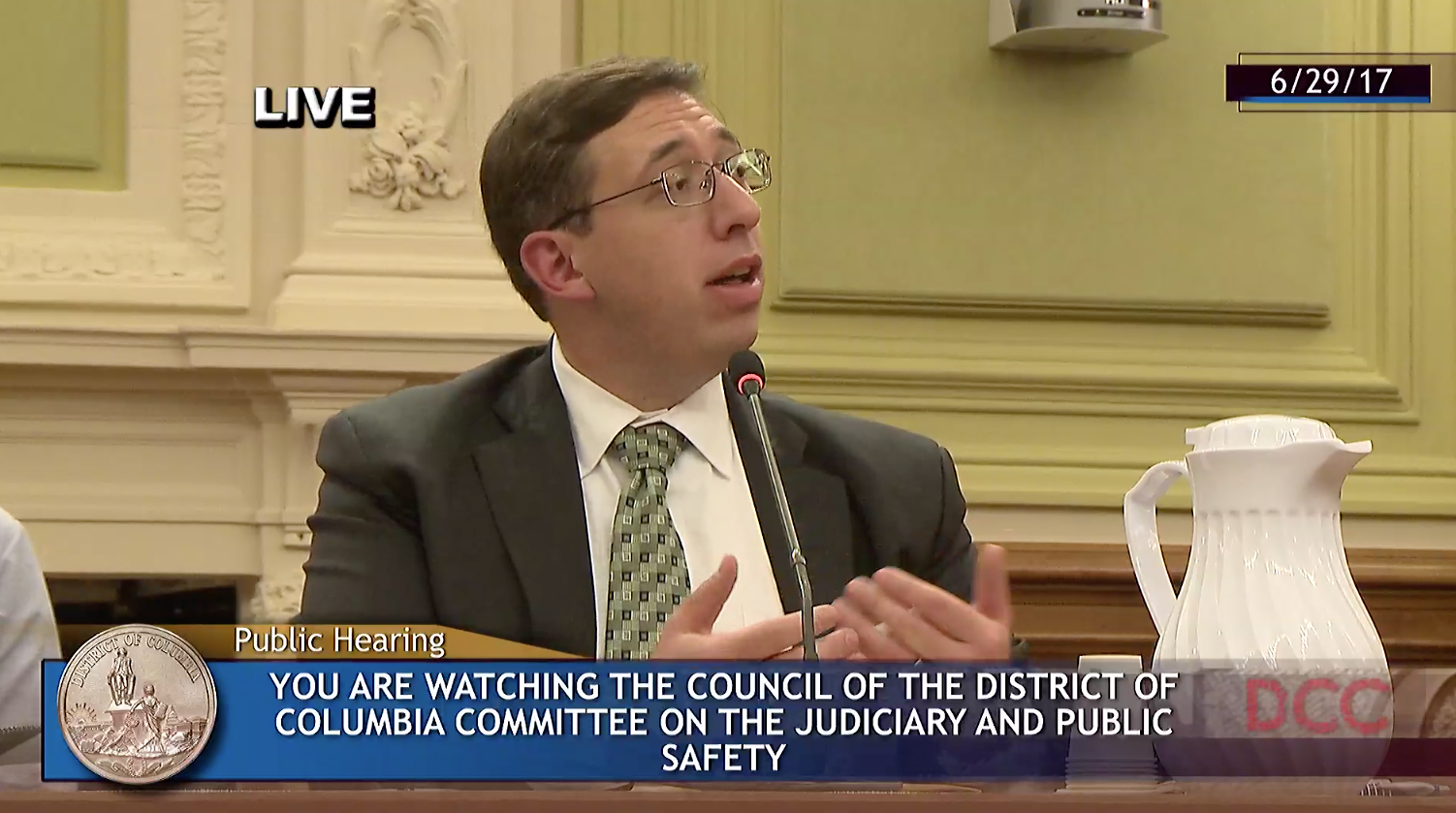Problem: Some elected officials are directing tax dollars to businesses that pay them under the table.
Solution: Give these elected officials more tax dollars to fund their campaigns.
At least that’s what The New York Times would have you believe in the wake of the conviction of former New York State Assembly Speaker Sheldon Silver on seven counts of corruption. In response to the conviction, the Times calls for a litany of reforms, first on the list being “election reform with public financing of campaigns.”
The Times is a broken record on that point, but this time their tune is especially jarring. Look at the charges against Silver, and ask yourself what would be different if his campaigns had been subsidized by New York taxpayers. From The Wall Street Journal:
“While serving as speaker, the jury found, Mr. Silver conducted dual plots: In one, he directed $500,000 in state grants to the research of an oncologist, Robert Taub, in exchange for patients referrals that earned Mr. Silver fees from the law firm of Weitz & Luxenberg PC.
In the other, he allegedly negotiated state tax breaks favorable to Glenwood Management Corp., a developer and major political donor, while steering its business to another law firm, Goldberg & Iryami PC, that also paid Mr. Silver referral fees.
Over the years, the two schemes netted Mr. Silver about $4 million in illegal gains.”
The conviction is likely to be appealed, but for the purposes of this post, let’s assume the allegations are true. In the first scheme, Silver is simply misusing state funds to pad his pocketbook. Politicians who participate in tax-financing programs do that too, including in New York City. In fact, between 2001 and 2013, New York City’s tax-financing program provided over $19 million to candidates who were later investigated (and in many cases, convicted) for a disturbing variety of abuses.
In the second scheme, you might say Silver is doing a favor for a donor, but it is secondary to the favor he is doing for himself: steering business to firms that pay him fees.
Eliminating these self-serving acts of corruption is beyond the limits of what a tax-financing program can ever hope to achieve. It’s utopian – or silly – for the Times to expect “a complete change of [New York’s] toxic culture” to come from any campaign finance regulatory scheme, given the decades of evidence demonstrating that these laws do not reduce corruption. Such a policy proposal is even more galling when one considers that it would dole out tax dollars to an already-corrupt individual. Whatever happened to “power corrupts”? When reasonable reformers warn their more ambitious allies not to overpromise, this is exactly what they mean.
I’ve written about the exploitation of Albany’s corruption issues to push for tax-financed campaign schemes before. It seems that to some, every scandal is an opportunity to junk the free speech protections of the First Amendment and ratchet up government control of political speech.
They should be more discerning with their case studies. If tax-financing proponents ever want to win converts instead of preaching to the choir, their proposals need to actually address the problems they claim they want to solve.














